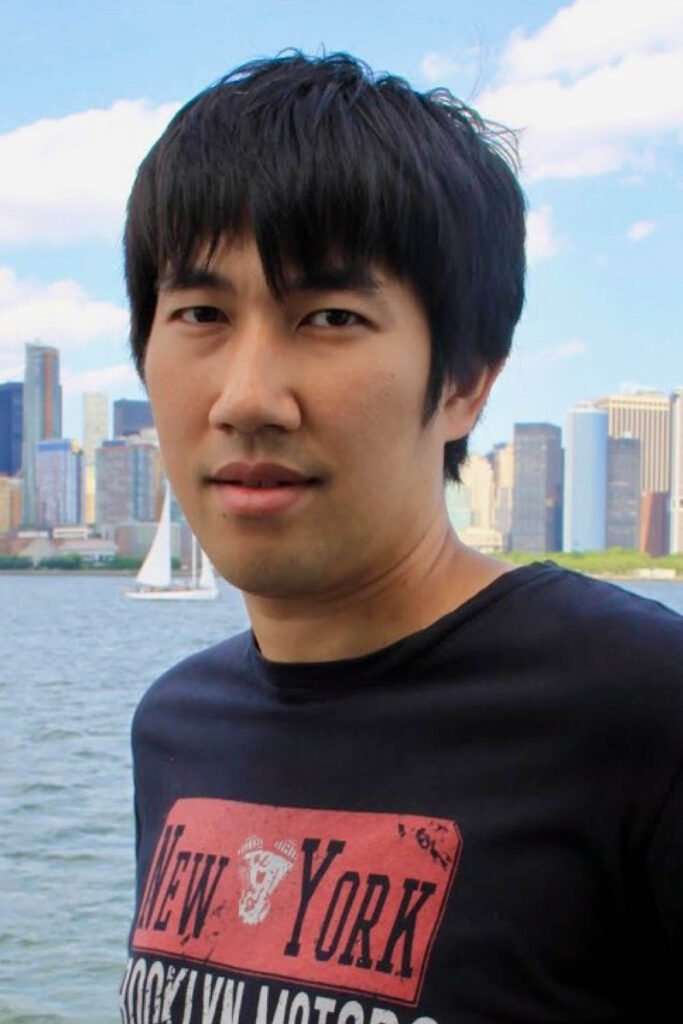
New Faculty Member, 2020–21
Zilin Jiang
Assistant Professor
Zilin Jiang stays motivated in his professional pursuits by the amazement he feels when “hard problems in my field can be solved in very beautiful ways.”
Jiang’s work for the doctoral degree he earned at Carnegie Mellon University focused on studies in algorithms, combinatronics and optimization.
The beautiful thing his education in those subjects has given him is expertise in discrete geometry, graph theory and information theory.
“These three areas study models of high-dimensional data, large networks and communication channels,” Jiang says. “Through these, I get to learn exciting mathematical theories that were envisioned by mathematicians for entirely different purposes. Sometimes I am fortunate enough to further enrich these theories driven by practical applications.”
Jiang says he became especially intrigued when he saw opportunities to apply mathematical theories to solving engineering problems.
“I discovered the large interface between math and computer science, and I knew immediately that this is the branch of engineering in which my strengths lie,” he says.
His inspiration has come in large part from finding the most “elegant” proofs for mathematical theorems.
“I can never keep myself from saying ‘aha’ out loud when I see one of these proofs, let alone when I discover them on my own,” Jiang says. “These eureka moments kept me going.”
What such experiences will mean when he begins teaching in the Ira A. Fulton Schools of Engineering in the Spring 2021 semester, where he hopes to lead courses encompassing probability theory, graph theory and cryptography, is that his students “should be ready to have fun,” Jiang says.
He adds that “fun” in this case is “codeword for challenging homework.”
Among the challenges Jiang has helped to solve are a nearly half-century-old lack of proof for an important “zone conjecture” in discrete geometry (see “Mathematicians crack 44-year-old problem”).
His accomplishments have also earned support from the National Science Foundation for the research project “Analytic and Algebraic Methods in Discrete Geometry.”
Jiang, who will be leaving a position as an applied mathematics instructor at the Massachusetts Institute of Technology, says his decision to change jobs was driven by opportunities he had to “experience the collegiality at ASU,” and to see how the university’s environment “fosters collaboration and innovation.”
Away from his academic work and research, Jiang likes to spend time playing basketball and skiing, which he has done in various places around the world, including at the Arizona Snowbowl near Flagstaff.




































